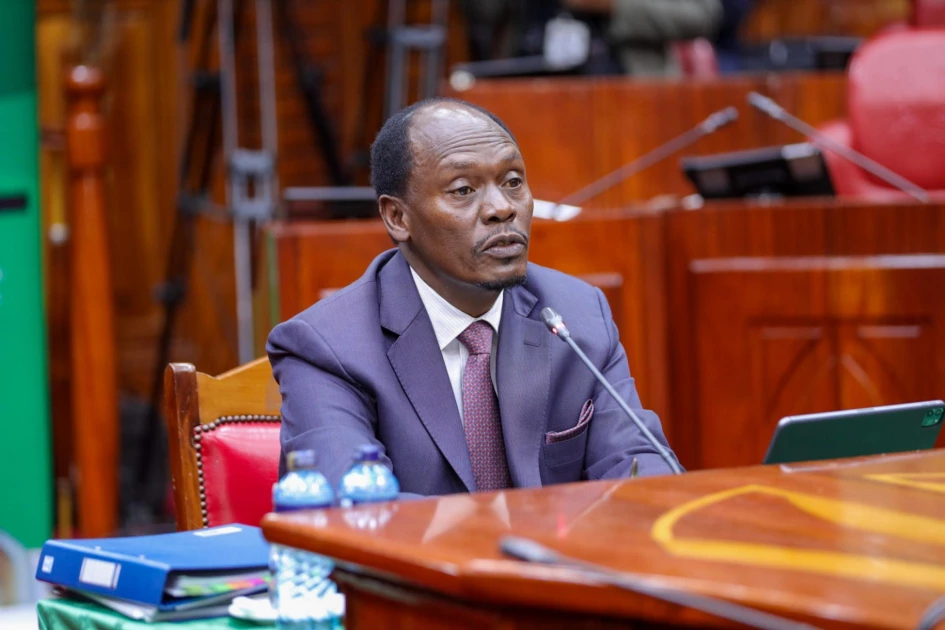Cabinet Secretary for Information, Communications, and the Digital Economy, William Kabogo, has strongly defended the newly enacted Cyber and Computer Crime Act. He dismissed growing online criticism, saying it is driven by misinformation and political propaganda.
Speaking on Inooro FM on Tuesday, Kabogo said the law aims to bring order to Kenya’s fast-growing digital space. He explained that it will protect citizens from cyberbullying, online scams, and digital exploitation.
“We’ve seen people take their own lives because of cyberbullying, and others lose their reputations online,” Kabogo said. “If we don’t act now, this could become the next big pandemic.”
Kabogo rejected claims that the law will silence dissent or limit freedom of expression. He stressed that its main purpose is to safeguard Kenyans, not control them. “Governments come and go, but laws remain. This law is for the people, not against them,” he stated.
Protecting Kenyans Online
He noted that while digital platforms have created jobs and new opportunities, they have also become hotspots for cybercrime, including child pornography, online fraud, and revenge pornography.
“This law protects citizens, not the government,” Kabogo said. “Why would the government care about pornography? It’s about protecting people from harm and exploitation.”
Kabogo added that the Act gives law enforcement clear guidelines to handle cybercrime cases. In the past, victims struggled to get help because the law was vague. “Now police can act quickly and effectively,” he explained.
Kenya, according to Kabogo, faces about two million cyberattacks every day. He warned that organized syndicates use the internet to spread child trafficking, terrorism, and religious extremism. “That’s why regulation is necessary,” he said.
Kabogo insisted that the law is not oppressive. Instead, it will discourage criminals from hiding behind digital platforms. “The law is only harsh to those on the wrong side of it. Without rules, the internet becomes chaotic,” he remarked.
The Computer Misuse and Cybercrimes (Amendment) Bill 2024, sponsored by Wajir East MP Aden Mohamed, gives the National Computer and Cybercrimes Coordination Committee (NC4) power to restrict websites promoting illegal activities, child pornography, or extremist content.
It also expands penalties for cyber harassment, phishing, and SIM-swap fraud. Offenders could face fines of up to Ksh 20 million or 10 years in prison, depending on the crime.
Kabogo concluded that Kenya needs firm digital laws to protect users and ensure a safe online environment.
Also Read:12 Dead After Tourist Plane Crashes in Kwale County



